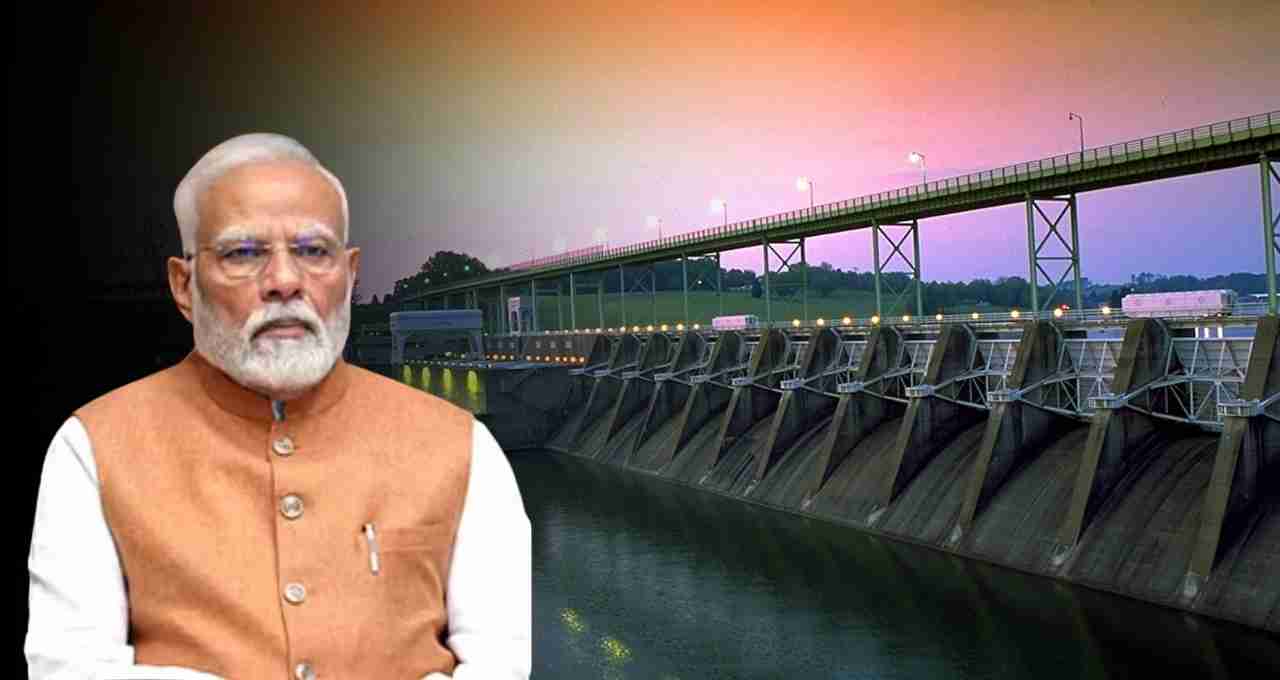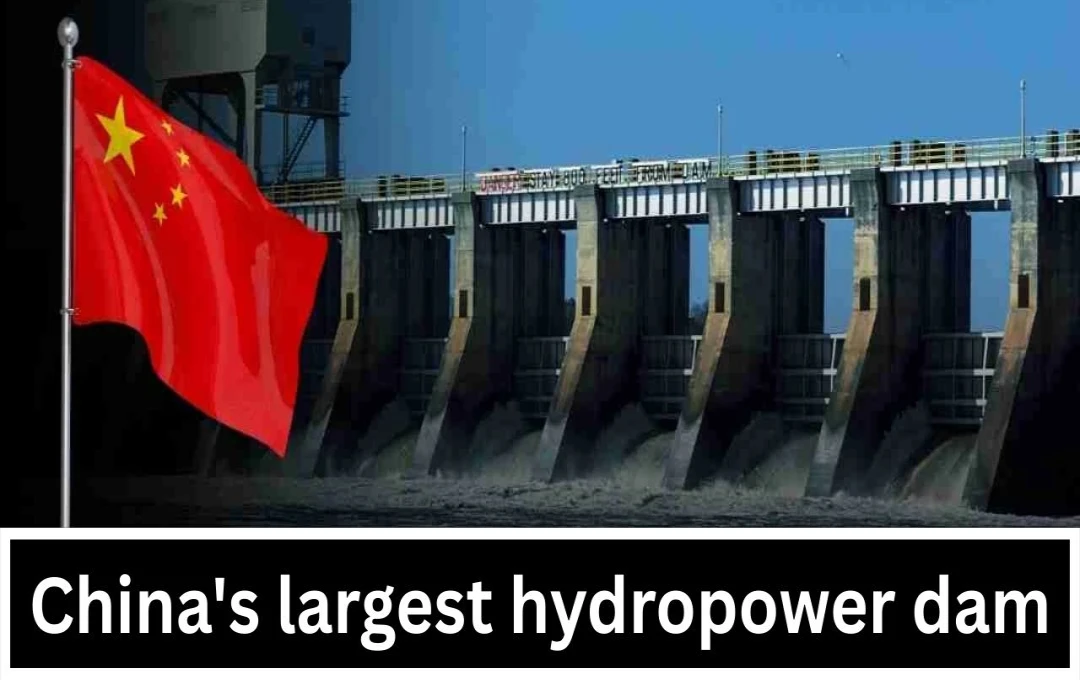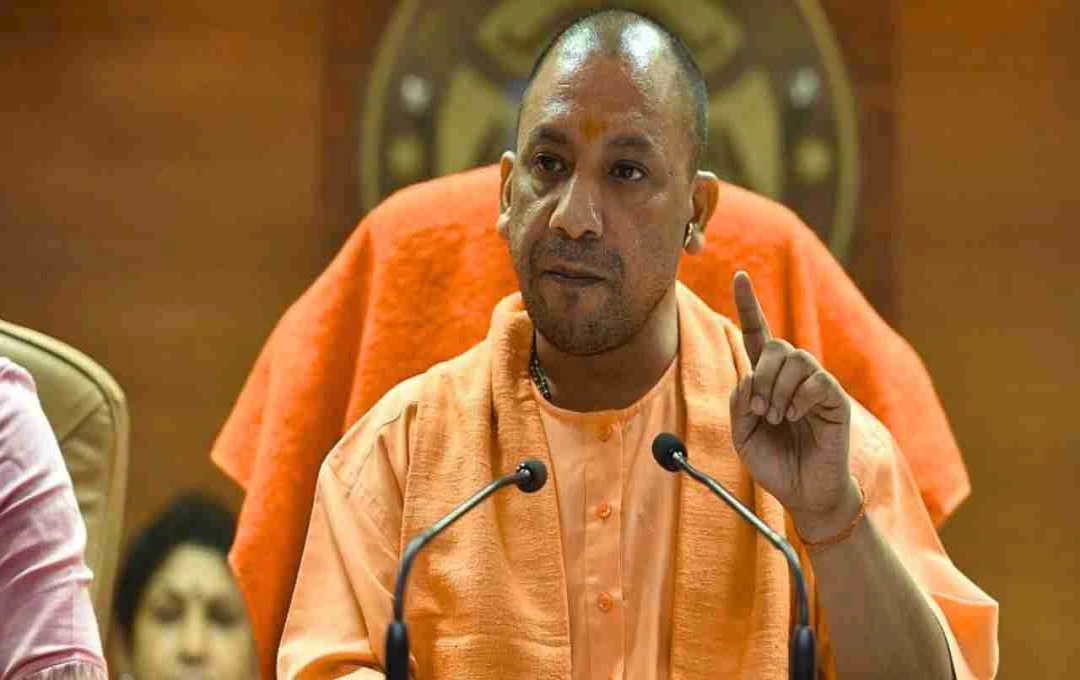Tensions between India and China may escalate due to China's proposed mega-dam. According to a Reuters report, this dam could reduce water flow in the major river by up to 85% during the dry season. India has accelerated its dam construction plans to mitigate the impact. China has described the project as safe and environmentally friendly.
India-China: China has announced plans to build the world's largest hydropower dam on the Yarlung Zangbo River in Tibet, potentially increasing tensions between India and China. According to a Reuters report, the construction of the dam could reduce the river's water flow by up to 85% during the dry season. India is accelerating its dam projects to mitigate this impact. Senior officials in Prime Minister Narendra Modi's office also discussed accelerating construction this year. China has stated that this project is safe and environmentally friendly, and will not have adverse effects on downstream countries.
India Concerned About China's Dam

According to Reuters sources, India is concerned about this dam. China's project will not only affect water flow but could also pose a strategic challenge for India. To mitigate the impact, India has rapidly advanced its water resource and dam project planning.
Since the 2000s, the Indian government has been considering projects to control the flow of water from the Angsi Glacier. This area is a water source for approximately 100 million people in China, India, and Bangladesh. However, projects have been delayed due to opposition from residents of Arunachal Pradesh and security concerns.
China's Largest Hydropower Dam
In December 2025, China announced that it would build the world's largest hydropower dam in a border area before the Yarlung Zangbo River enters India. This move has raised concerns in India that China may gain a strategic advantage through its control over this river.
According to sources, a high-level meeting was held in Prime Minister Narendra Modi's office in July, where senior officials discussed accelerating construction this year. The meeting also discussed the need for India to assess the impact of this project and prepare for water management.
Small Farmers Most Affected
Reuters reports that China's dam will allow Beijing to divert 40 billion cubic meters of water. This is approximately one-third of the water received annually at a key border point. The impact may be more severe during non-monsoon months, when temperatures rise and much of India becomes barren.
The impact of this reduction in water management will particularly affect agriculture and rural areas. Small and marginal farmers may directly experience the effects of this change.
Cooperation with India-Bangladesh

In response to questions from Reuters, a Chinese Foreign Ministry spokesperson said that scientific research has been conducted for safety and environmental protection in the hydropower project. He said that this project will not adversely affect the water resources, ecology, or geography of downstream countries.
The spokesperson also said that China has always been responsible in the development and use of cross-border rivers and has maintained long-term communication and cooperation with India and Bangladesh.
Preparing for Water Security in India
This project is a challenge for India. The country will have to activate its dam projects and water management plans, keeping in mind the potential reduction in water flow. Experts believe that in the long term, a water sharing policy and dialogue between the two countries can reduce tension.
Water experts in Delhi say that China's dam could increase the possibility of a water crisis in India during non-monsoon months. Therefore, special attention must now be paid to water conservation, irrigation management, and increasing dam capacity.















